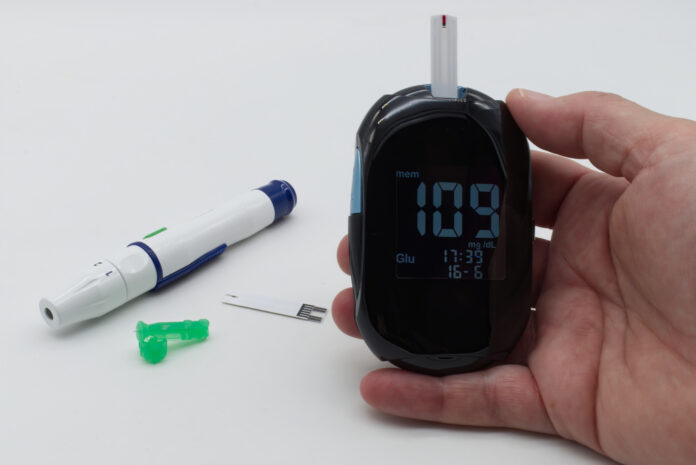A groundbreaking randomized controlled trial has revealed that incorporating an insulin-to-protein ratio (IPR) alongside the conventional insulin-to-carbohydrate ratio (ICR) does not improve glycemic control for individuals with type 1 diabetes (T1D) on carbohydrate-restricted diets. The study, published in the Journal of Diabetes and its Complications, assessed whether additional insulin dosing for protein intake could better manage blood glucose levels.
Researchers from the University of Otago Wellington, led by Rosemary M. Hall, found that protein-based insulin dosing did not enhance glycemic control or increase the time spent in the euglycemic range (TIR) compared to carbohydrate-based dosing alone. Despite this, the use of IPR did not elevate the risk of hypoglycemia and was deemed a potentially preferable option for some patients.
The study included T1D participants aged 18 and older who were randomly assigned to either carbohydrate and protein-based insulin dosing or carbohydrate-based dosing alone for 12 weeks while adhering to a carbohydrate-restricted diet (50-100 grams per day). HbA1c measurements and continuous glucose monitoring were conducted at the start and end of the study, along with an assessment of participant experiences.
As reported by Medical Dialogues, key findings of the study are as follows:
- Thirty-four participants (22 female) with an average age of 39.2 years and a diabetes duration of 20.6 years were randomized.
- The baseline HbA1c was 7.3% (56.7 mmol/mol), and seven participants in each group used insulin pump therapy.
- At 12 weeks, HbA1c levels reduced to 7.2% (55.7 mmol/mol) in the control group and 6.9% (52.3 mmol/mol) in the intervention group, with no significant difference between the treatments.
- There were no differences in glycemic variability, TIR, or time spent below range between the groups.
- Participants using IPR reported a greater sense of control over their diabetes, albeit with varying levels of distress.
























